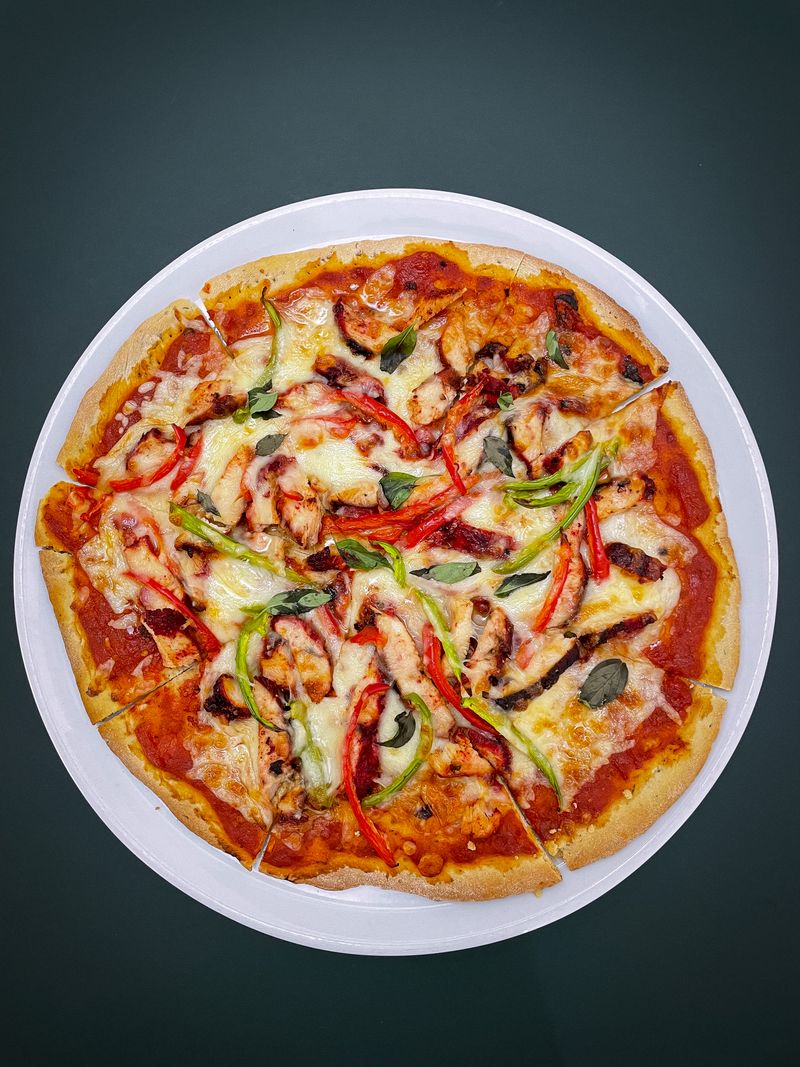Instant Brands, Maker of Instant Pot and Pyrex, Files for Bankruptcy
Instant Brands, the manufacturer behind popular kitchenware brands such as the Instant Pot and Pyrex, has filed for Chapter 11 bankruptcy protection in the United States. The company, already struggling before the COVID-19 pandemic, has been hit hard by declining sales, inflation, and rising interest rates. Instant Brands has cited tightening credit terms and higher interest rates as factors that have impacted its liquidity levels and made its capital structure unsustainable.
Declining Sales and the Impact of COVID-19
During the peak of the pandemic, the Instant Pot became a top seller, as people turned to cooking at home. However, as the economy began to recover and restrictions eased, sales of kitchenware, including electronic multicooker devices like the Instant Pot, started to decline. US sales of multicookers reached $758 million in 2020 at the start of the pandemic, but saw a 50% drop to $344 million by last year. Sales continued to decline by 20% over the 12 months to April 2023.
The Effects of Inflation and Rising Interest Rates
Inflation has hit American consumers, who have been facing rising prices for goods and services, including kitchenware products. Additionally, as people have been able to travel and dine out again, their spending habits have shifted away from purchasing items for the home. This change in consumer behavior, coupled with rising interest rates, has contributed to the financial challenges faced by Instant Brands.
Similar Challenges in the Kitchenware Industry
Instant Brands is not the only kitchenware manufacturer facing financial difficulties. Tupperware Brands, another prominent name in the industry, is also pursuing investors and considering selling real estate holdings to increase its cash flow. The pandemic has disrupted supply chains, led to higher manufacturing costs, and changed consumer preferences, making it challenging for companies in the kitchenware sector to navigate the current economic landscape.
The Way Forward for Instant Brands
To address its financial struggles, Instant Brands has attempted to raise prices and reduce operating costs. However, these measures have not been sufficient to stabilize the company’s financial situation. In its bankruptcy filing, Instant Brands has secured a commitment for $132.5 million in new debtor-in-possession financing from its existing lenders.
The Importance of Adaptation and Innovation
The challenges faced by Instant Brands and other kitchenware manufacturers highlight the importance of adaptation and innovation in the ever-changing consumer landscape. As consumer preferences and spending habits evolve, companies in the industry must continuously innovate their product offerings to meet market demands and differentiate themselves from competitors. This can involve introducing new features, improving design, and exploring sustainable manufacturing practices. Adaptation to changing market conditions is crucial for long-term success.
The Role of Online Retail and E-Commerce
An area that Instant Brands and other kitchenware manufacturers should also consider is online retail and e-commerce. The COVID-19 pandemic has accelerated the shift towards online shopping, and companies in the kitchenware industry need to establish a strong online presence to effectively reach and engage with customers. Investing in e-commerce platforms, providing seamless online purchasing experiences, and leveraging digital marketing strategies can help companies thrive in the digital age.
The Importance of Strategic Partnerships and Collaborations
In an increasingly competitive industry, kitchenware manufacturers may also benefit from forming strategic partnerships and collaborations. By teaming up with other companies, Instant Brands can leverage complementary strengths and resources to drive innovation and expand their market reach. Collaborations can lead to the development of new products, improved distribution networks, and enhanced brand visibility.
The Future of Instant Brands
While filing for bankruptcy is undoubtedly a challenging step for Instant Brands, it provides an opportunity for the company to restructure, rebuild, and emerge stronger. With new debtor-in-possession financing in place, there is potential for Instant Brands to innovate its product offerings, streamline operations, and adapt to the changing consumer landscape.
Editorial: The Resilience of American Businesses
The bankruptcy filing of Instant Brands serves as a reminder of the challenges faced by businesses in the aftermath of the COVID-19 pandemic. However, it is important to recognize the resilience and ability of American businesses to bounce back and reinvent themselves in the face of adversity. With the right strategies and a commitment to innovation, companies like Instant Brands have the potential to overcome financial hurdles and thrive in the evolving marketplace.
Advice: Adaptation and Resilience in the Face of Challenges
The story of Instant Brands serves as a lesson for businesses across all industries. As the global economy continues to navigate uncertain times, it is essential for companies to be proactive, adaptable, and resilient. By closely monitoring market trends, understanding consumer preferences, and embracing innovation, businesses can position themselves for success. Additionally, seeking strategic partnerships and embracing the opportunities presented by e-commerce can help companies remain competitive and future-proof their operations.

<< photo by Priscilla Du Preez >>
The image is for illustrative purposes only and does not depict the actual situation.




